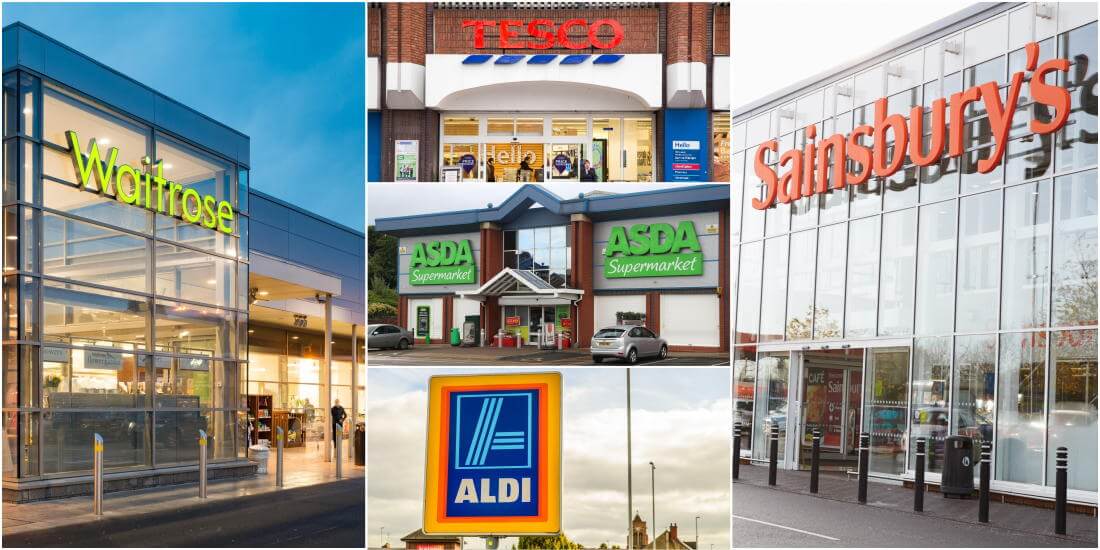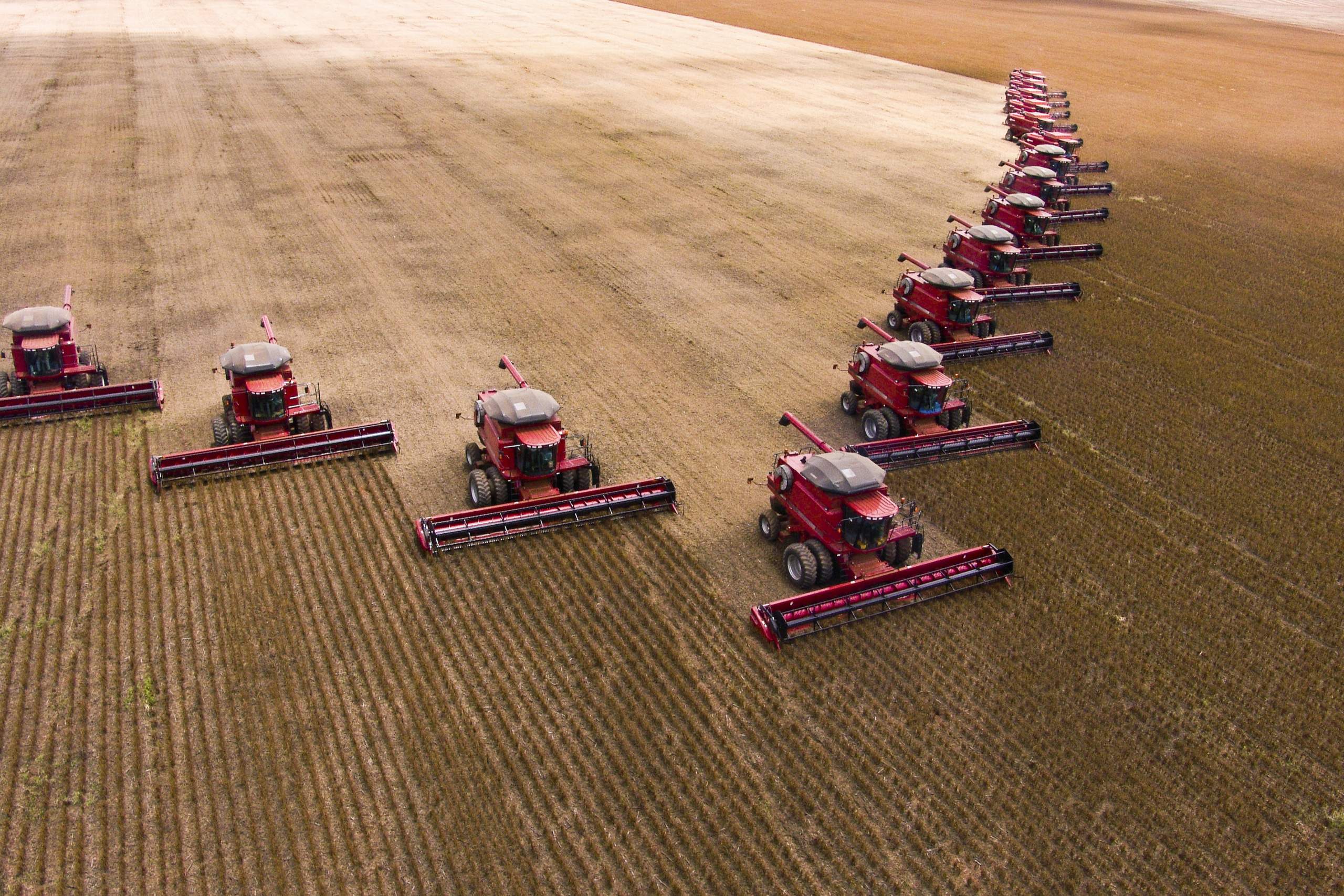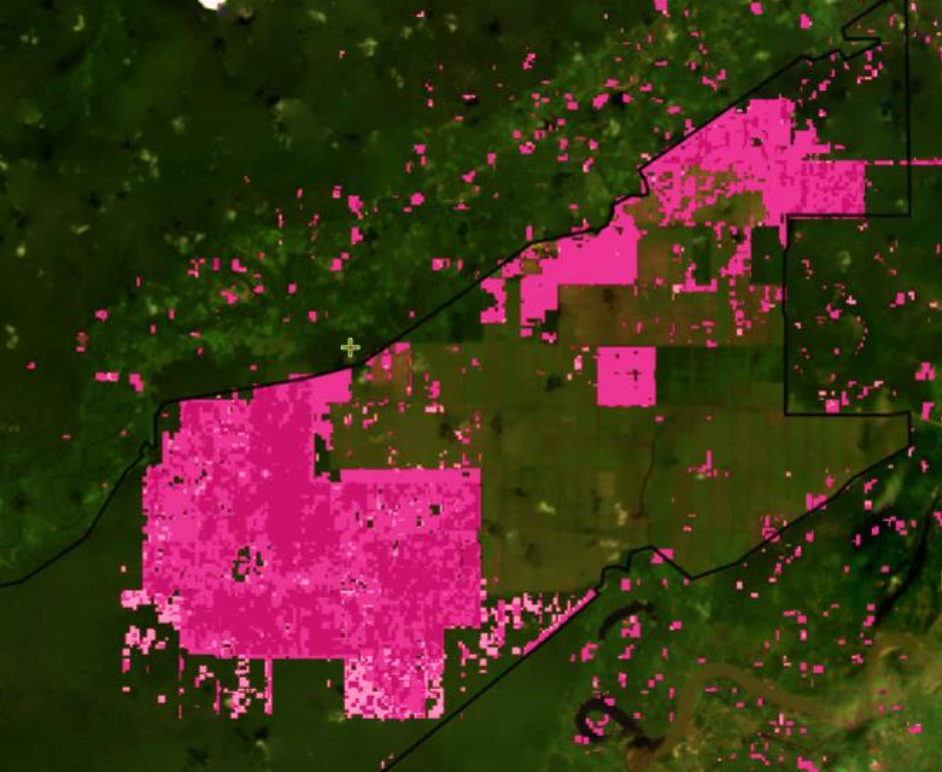
The UK Soy Manifesto to end meat-driven deforestation: does it fall short?
The UK Soy Manifesto to end meat-driven deforestation: does it fall short?
Today, UK food industry titans, including Tesco, Sainsbury’s, McDonalds, Nando’s, Nestle and KFC will launch the UK Soy Manifesto, which aims to ensure that all physical shipments of soy to the UK are ‘deforestation and conversion-free’.
This represents an attempt by leading consumer facing companies to break the link between destructive deforestation and land clearance in Brazil and Argentina with meat sales in the UK. Soy is mainly used as animal feed and millions of hectares of deforestation are attributed to the expansion in soy production.
So what does the new UK Soy Manifesto mean? And does this represent a breakthrough, or another ‘greenwash’ environmental initiative launched at COP26 in Glasgow with stated ambition but little chance of implementation?
In many ways, the UK Soy Manifesto represents progress. The 27 UK signatories have agreed to a cut-off date (of January 2020) after which they will not accept any soy from deforested land in their products (either directly or embedded).
They have also agreed to cascade this requirement to their supplier contracts; to engage commercial consequences for non-compliance and publicly report against progress. These are all measures that several organisations, including Mighty Earth, have been calling for.
This approach sends a clear signal to giant agribusiness traders that are driving deforestation in Brazil, such as Cargill and Bunge (who have been linked to 66,000 and 60,000 hectares of land clearance in Brazil respectively over the past two years alone), that UK companies will not accept the continued destruction of the Amazon, Cerrado or Pantanal biomes for industrial animal feed and meat.
In terms of the market signal, the numbers are large enough to matter. The signatories represent some 12,000 individual supermarket stores in the UK and £130 billion in turnover: 1,300 McDonald’s and 900 KFC restaurants, alone.
But despite the stated ambition, the UK Soy Manifesto represents both a missed opportunity and an own goal.
Only a month ago, many of the same retailers that have signed this UK Soy Manifesto, including Tesco, Sainsbury’s and Morrisons agreed to a new Roadmap through the Retail Soy Group that highlights what good looks like in setting policy and practice in this area (see table below).
Our analysis shows that the new UK Soy Manifesto lacks many of the key elements that could make it transformative for soy in comparison to industry best practice.
How does it measure up? The UK Soy Manifesto compared with industry best practice through the Retail Soy Group Roadmap.
Industry best practice is for policy to apply to a ‘group level’ from supplier companies. The intent behind this is that such a measure should prevent a company that drives deforestation from continuing to do this with impunity while supplying so-called ‘clean soy’ to another part of the market (such as the UK). Despite this, the UK Soy Manifesto only applies to soy coming into the UK market from individual companies.
The UK Soy Manifesto also uses weak language on ensuring supplier commitments; does not embed full traceability in supplier contracts and appears to use self-reporting from the very traders that are driving deforestation in the first place to verify compliance.
Finally, the implementation period of no later than 2025 gives companies an extended runway of three and a half years to put in place measures, many of which could be put in place within six months or even sooner in many cases.
During this period, some 330,000 hectares of land – twice the size of Greater London – could have been cleared from the Cerrado savannah in Brazil for expanded soy production at current rates.
UK industry, environmental organisations, and Indigenous communities that rely on forest and savannah lands in South America desperately need this initiative to work.
Therefore, we suggest four measures or approaches that could help to ensure that the UK Soy Manifesto becomes effective and transformative in implementation.
1) Shorten the implementation period to align with the Retail Soy Group Roadmap: for retailers, these measures should be put in place immediately with full disclosure on which proportion of suppliers have signed up to these contractual clauses by 2023 at the latest.
2) Apply group level accountability principles: this means that in practice, traders such as Cargill and Bunge that are credibly driving systematic deforestation should be excluded from the supply chain unless they agree to apply a cut-off date, stringent monitoring and other control measures. This will help the initiative to move towards a ‘clean supplier’ principle.
3) Monitoring should be supported by independent systems to support verification and enforcement – such as the Mighty Earth Trader Tracker, and traceability should be a requirement for full access to the UK market – embedded in supplier c contracts.
4) Finally, as Mighty Earth has noted in other publications – a credible soy policy or strategy also requires targets to be set on meat reduction and a move to alternative proteins. This should be embedded in policy – rather than in aspirational statements.
These four measures can take the Manifesto from one based on high-level goals towards effective delivery and industry transformation.


